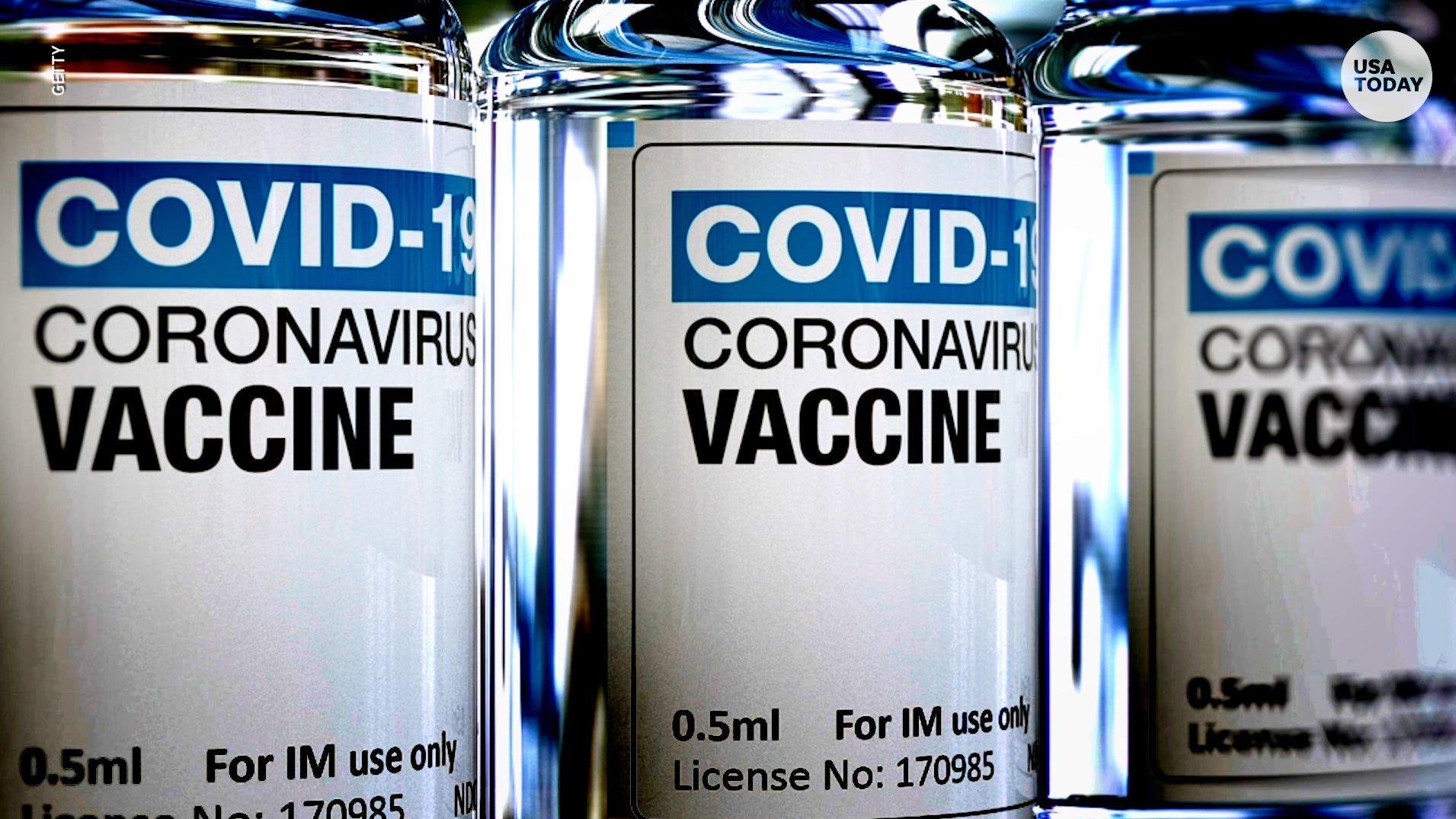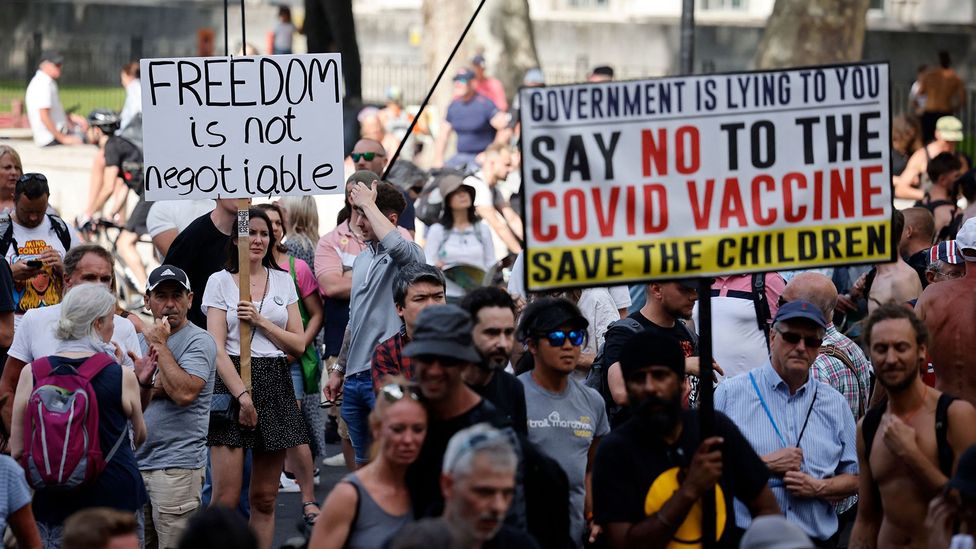In a world where the threat of a zombie apocalypse looms, the development of a vaccine could be humanity's last hope. Imagine a single breakthrough that could save millions of lives and prevent chaos. This is not just science fiction—it’s a possibility rooted in real-world science and innovation. The concept of "my vaccine can save the world from zombies" is no longer a distant dream but a tangible reality worth exploring.
As global health crises continue to evolve, humanity must prepare for the unexpected. Whether it's a viral outbreak or a hypothetical zombie pandemic, vaccines remain one of the most effective tools in safeguarding lives. This article delves into the science behind vaccines, their potential application in combating hypothetical zombie outbreaks, and the importance of proactive scientific research.
By understanding the mechanisms of vaccines, we can better appreciate their role in preventing not only known diseases but also speculative scenarios like a zombie apocalypse. Join us as we explore the possibilities and discover how science can protect us from the unknown.
Read also:Dani Daniels The Life And Career Of A Multifaceted Entertainer
Table of Contents
- Introduction
- What Are Zombies?
- Vaccines 101: How Do They Work?
- The Zombie Virus Theory
- Could a Vaccine Stop Zombies?
- Current Research on Zombie Vaccines
- Ethical Considerations
- Economic Impact of a Zombie Vaccine
- Public Awareness and Education
- Conclusion
What Are Zombies?
Before diving into the concept of "my vaccine can save the world from zombies," it’s essential to understand what zombies are. In popular culture, zombies are often depicted as reanimated corpses driven by an insatiable hunger for human flesh. While this portrayal is fictional, the idea of a zombie-like virus has been explored in scientific literature.
In scientific terms, a zombie-like condition could result from a neurodegenerative disease or a highly contagious virus that alters brain function. Understanding the biology behind such conditions is crucial in developing countermeasures, including vaccines.
Historical References to Zombies
The concept of zombies dates back centuries, with roots in Haitian folklore and voodoo practices. Modern interpretations, however, have evolved through literature and media, painting a more scientific picture. Movies like "28 Days Later" and "World War Z" have popularized the idea of a viral outbreak causing zombie-like symptoms.
Vaccines 101: How Do They Work?
Vaccines are biological preparations designed to stimulate the immune system to recognize and combat pathogens. They work by introducing a harmless component of the pathogen or a weakened form of it into the body. This triggers an immune response, allowing the body to build immunity without causing the disease.
Vaccines have been instrumental in eradicating diseases like smallpox and significantly reducing the spread of others like polio and measles. The same principles could theoretically apply to a hypothetical zombie virus.
Types of Vaccines
- Live-attenuated vaccines: Use a weakened form of the pathogen.
- Inactivated vaccines: Use killed versions of the pathogen.
- Subunit, recombinant, or conjugate vaccines: Focus on specific parts of the pathogen.
- mRNA vaccines: Teach cells how to make a protein that triggers an immune response.
The Zombie Virus Theory
The idea of a zombie virus has fascinated scientists and fiction writers alike. While no such virus exists in reality, the concept raises intriguing questions about the potential for a highly contagious pathogen to cause widespread neurological damage. Scientists have studied diseases like rabies, prion diseases, and neurotoxins to understand how they affect the brain.
Read also:Barron Trump A Glimpse Into His Unique Personality
Prion diseases, such as Creutzfeldt-Jakob disease, cause progressive degeneration of the brain tissue, leading to symptoms similar to those depicted in zombie lore. Similarly, rabies affects the central nervous system, causing aggression and altered behavior.
Could a Real Zombie Virus Exist?
While the existence of a zombie virus remains speculative, the potential for a highly infectious disease to cause zombie-like symptoms cannot be entirely dismissed. Advances in virology and genetics have made it possible to engineer pathogens with specific traits, raising ethical concerns about biosecurity.
Could a Vaccine Stop Zombies?
If a zombie virus were to emerge, a vaccine could play a critical role in halting its spread. By understanding the virus's structure and behavior, scientists could develop a vaccine tailored to neutralize it. The key lies in identifying the virus's mode of transmission and its impact on the nervous system.
Vaccines for zombie-like conditions would likely focus on preventing neurological damage and halting the spread of the virus. Collaborative efforts between governments, research institutions, and pharmaceutical companies would be essential in ensuring rapid development and distribution.
Challenges in Developing a Zombie Vaccine
- Time constraints: Rapid development is crucial in preventing widespread infection.
- Resource allocation: Ensuring sufficient funding and infrastructure for vaccine production.
- Public trust: Addressing concerns about vaccine safety and efficacy.
Current Research on Zombie Vaccines
While no formal research exists on zombie vaccines, studies on related diseases provide valuable insights. Scientists continue to explore the mechanisms behind neurodegenerative diseases and viral infections, paving the way for innovative treatments. Collaborations between virologists, neurologists, and epidemiologists are critical in advancing this field.
Organizations like the World Health Organization (WHO) and the Centers for Disease Control and Prevention (CDC) play a vital role in monitoring emerging threats and coordinating global responses. Their efforts ensure that humanity remains prepared for any potential outbreak.
Notable Studies
- Research on rabies vaccines and their potential applications in neurological diseases.
- Studies on prion diseases and their implications for brain health.
- Advances in mRNA technology for rapid vaccine development.
Ethical Considerations
The development of a zombie vaccine raises important ethical questions. Ensuring equitable access to vaccines is paramount, particularly in low-resource settings. Additionally, researchers must navigate the complexities of bioethics, ensuring that experiments and trials adhere to strict ethical guidelines.
Public engagement and transparency are crucial in building trust and addressing concerns. Governments and organizations must prioritize ethical considerations in all aspects of vaccine research and distribution.
Economic Impact of a Zombie Vaccine
The economic implications of a zombie outbreak would be catastrophic, with widespread disruptions to global markets and supply chains. Developing a vaccine could mitigate these effects by preventing the spread of the virus and restoring public confidence.
Investing in vaccine research and infrastructure is a cost-effective strategy in the long term. Governments and private sectors must collaborate to ensure adequate funding and resource allocation for such initiatives.
Public Awareness and Education
Raising public awareness about the importance of vaccines is essential in combating misinformation and promoting health literacy. Educational campaigns should focus on the science behind vaccines, their safety, and their role in protecting communities.
Media outlets, schools, and healthcare providers can play a significant role in disseminating accurate information and addressing common misconceptions. By fostering a culture of informed decision-making, we can better prepare for future health challenges.
Conclusion
The concept of "my vaccine can save the world from zombies" highlights the potential of science and innovation in addressing hypothetical and real-world health crises. While the idea of a zombie apocalypse remains speculative, the principles behind vaccine development are grounded in rigorous scientific research. By understanding the mechanisms of vaccines and their applications, we can better prepare for any potential threat.
We invite you to share your thoughts and insights in the comments section below. Your feedback is invaluable in shaping the future of vaccine research and education. Additionally, explore our other articles to learn more about cutting-edge developments in health and science.


